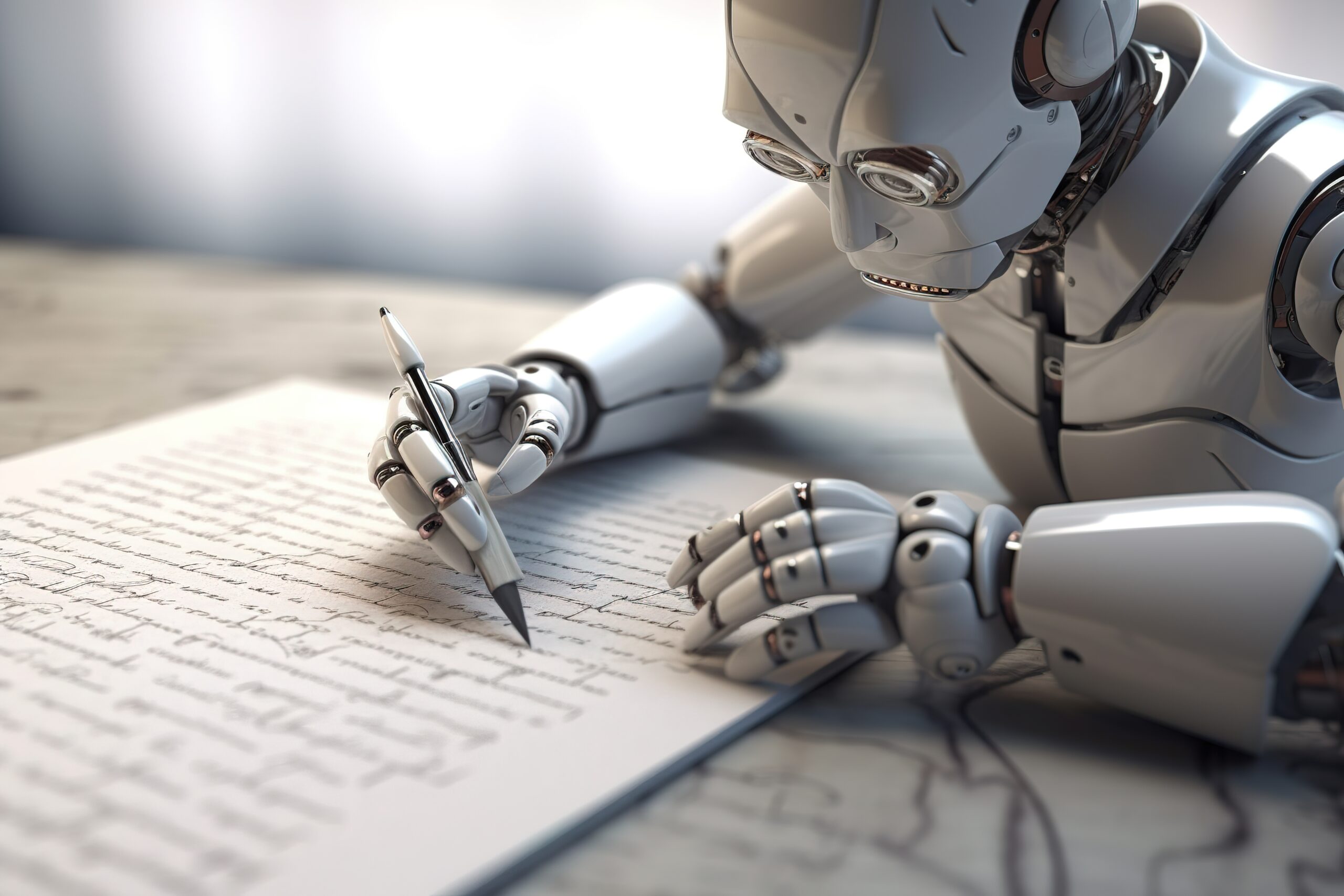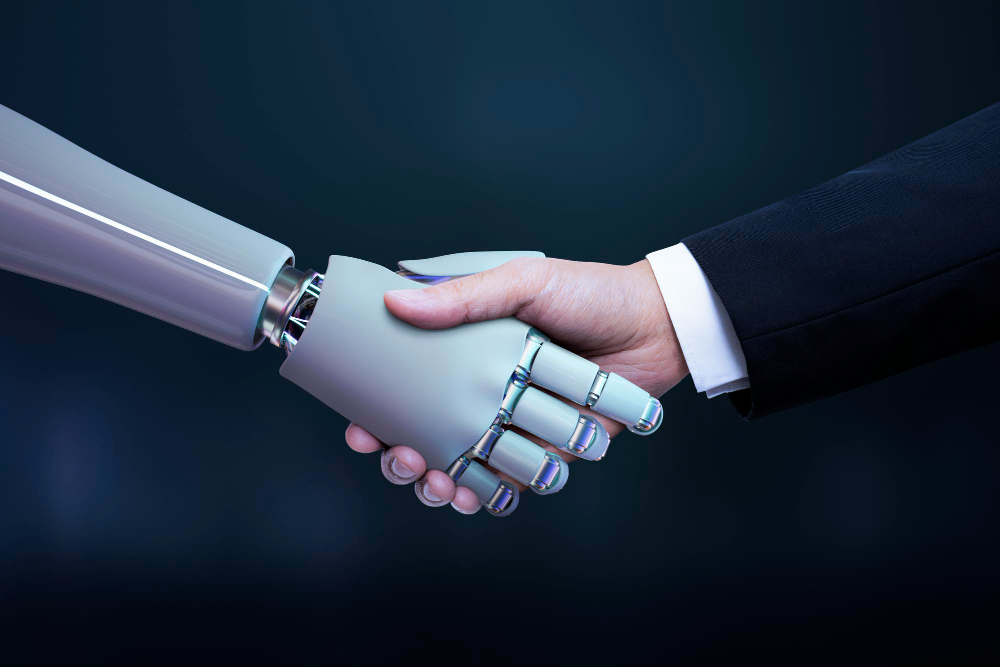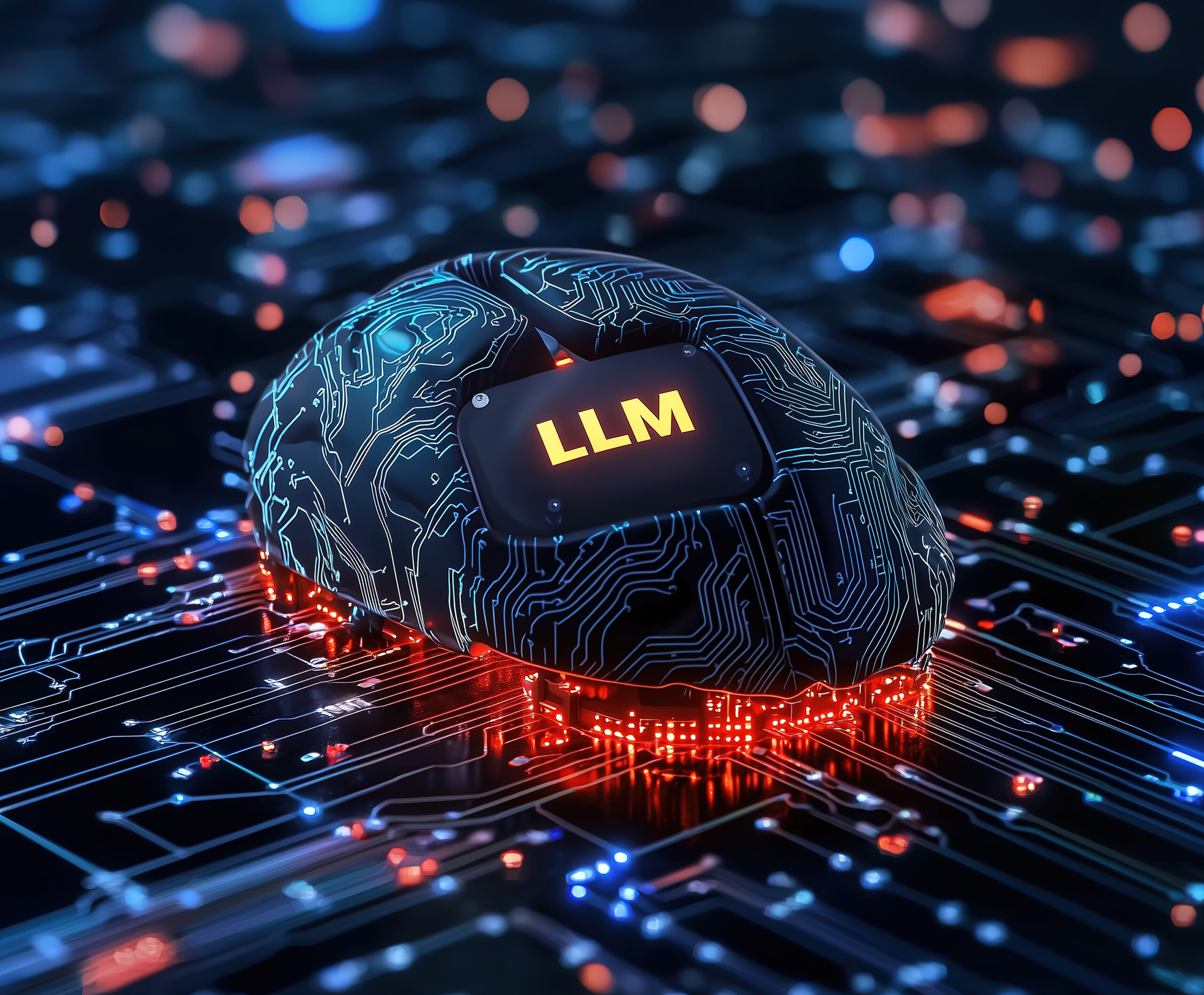Can AI Translation Replace Professional Translation Services?
Nowadays, technology is taking over everything; from the smallest day-to-day activities, such as interacting with an ATM or paying for a meal with your smartphone, to the most complex tasks just like how machines at manufacturing factories assemble devices we use on a daily basis.
It has become so indispensable that one can’t cease to wonder about the extent of such a phenomenon.
With AI technologies taking the stage as the most recent trend in technological advancement, people who are concerned about the translation industry have started to ask the question: Can AI translation services replace professional translation services?
Will AI replace translators eventually?
Why AI Translation Services Are Becoming More Dominant?
One of the most standard objectives for many businesses these days is to get the job done fast.
Needless to say, it is something only a machine can perform flawlessly, no matter how humans try to compete.
If we take a mathematical equation, for instance, all you have to do is input the data into your computer and you will get the solution in a fraction of a second.
Similarly, in the translation field, experts have shown stunning strides in fields like Natural Language Processing (NLP), which has contributed tremendously to teaching machines about human languages and how to process them in a manner similar to the human brain.
So, now, a machine can process an entire text and give a somewhat acceptable translation result that meets the needs of many investors in terms of achieving quick results at reduced costs.
This, naturally, has encouraged many to pursue AI translation services as an alternative to hiring native translators or professional translation service providers.
However, what about accuracy?

Where AI Fails, Human Translators Thrive
It is true that accuracy is not always the incentive that drives people to make their decisions when it comes to choosing one thing over the other.
Some people just want to get to the finish line and cut down on their losses as much as possible.
However, if you work across global markets, you should have an idea already about the ramifications of not accurately customizing whatever content you have to match the linguistic and cultural tastes of your target audience in each market.
This is where AI fails and human native translators or near-native translators succeed; accuracy.
While AI translation service models remain undefeated in the speed department, they still have miles to go in the accuracy department.
Some may see translation as the simple substitution of one word for another, which can’t be further from the truth.
The most prominent example to look at here is literary translation.
In literary translation, human native translators take their time to research certain details, such as the author’s background, the deeper meaning behind their message, and the cultural nuances between the source language and the target language, just to name a few.
All these components play a huge role in achieving the aforementioned accuracy. Without them, the translated work will most probably be divorced from the intent of its original material.
It is undeniable that AI models can be modified as time goes on to replicate some of those, but will AI replace translators as a result?
The Complications of AI Replacing Translators
Besides accuracy, there are some other key problems that should hinder the progress of such a hypothesis from becoming a reality.
- Costs
For an AI to reach a level where it can finally perform as well as a human translator, or even better, this process will demand a substantial amount of money which is counterintuitive to what any for-profit organization needs to achieve.
Imagine how much money it would cost an investor to subscribe to an AI translation service model that is fully capable of everything a human translator can do.
An alternative would be hiring an expert, or experts, to build their company’s own AI translation model, which is still far more costly than working with a professional translation service provider.
- Data Privacy
Experts are sparing no effort in developing new security measures every day.
Whether it is building new and enhanced security tools or implementing certain security protocols as per each company’s internal policies, there is still a slight chance for breaches to happen.
When it comes to AI translation service models, this chance is multiplied and it is more likely for one’s data to be compromised.
In the legal, medical, and financial sectors, this could lead to disastrous consequences.
- Cultural Nuances
Human languages and concepts surely differ from one culture to another.
What could be a positive concept in one country is probably a negative in another. Sometimes, it has more to do with clear communication than positivity.
For example, the word “chips” in England refers to potato chips. In the United States, on the other hand, if you want natives to receive and understand the same message you need to use the word “fries”.
Such differences can exist within the same language because of different cultural backgrounds, let alone two completely different languages that carry a plethora of varied concepts and experiences.
If we take into consideration how languages are not static, that they are a work in constant progress, impacted by social trends and cultural factors, it should give us an idea of why it would become so difficult for AI translation service models to replace human translators.
There are definitely many other concerns to be addressed if humans have decided they want to go down that road of AI replacing translators.
So, where does the translation industry go next from here?

What AI Models Build, Human Minds Can Perfect
There is no definite answer to what goes next, only speculations are the best one can do in such a heated debate.
We can say that for now, at least, there is no clear indication that AI will replace translators for sure. However, this is not to say there won’t be tangible impacts in the near future.
This is why we always come prepared for the future at Europe Localize.
Here, we believe in finding middle-ground solutions that offer flexibility, coexistence, and the most optimal results.
Through our decade-long experience in the translation and localization field as a professional translation service provider, we have managed to earn the trust of our customers by opting for that which gives the most benefits and leads to the least losses.
This is why instead of rejecting AI translation service models and denying their efficiency altogether, we leverage the many features offered by AI tools, using them as a supporting element rather than a contender.
Some translation tasks can be quite redundant and may require the least human intervention anyone can give.
Others are so basic that they don’t need to be performed by humans, only proofread and reviewed to eliminate any misunderstandings or inconsistencies.
By putting AI tools in charge of those tasks, human translators at Europe Localize can take care of the bigger problems and produce much better results.
Conclusion
AI translation service models are undoubtedly seizing more ground in the translation and localization industry due to their efficiency in terms of speed and cost-effectiveness.
However, there is very little chance for AI translation service models to replace human translators what with the former’s inability to produce pinpoint accuracy.
It is also counterintuitive for investors to pursue that path, given how costly developing a human-like AI can be, how risky it is for data privacy to rely on AI for translation, and how cultural nuances will always be a problem for AI to perform effectively.
By combining the advantages of using AI translation service models with human efforts, only then can the translation industry truly make progress.
Europe Localize: Where Humans and AI Collaborate for Global Success
As a major professional translation service provider, Europe Localize brings to your doorstep the most advanced translation and localization solutions to take your content to the next level.
We have an army of more than 62K language professionals and subject-matter experts from all over the world.
They have an in-depth understanding of more than 260 languages, including all their dialects, accents, or variations.
Our experts are certified professionals with extensive training in multiple translation fields that allow them to guarantee linguistic accuracy and regulatory compliance, no matter the domain or geographical location.
We harness the power of AI translation service models to deliver our services across 125 countries worldwide, offering any multinational organization, local business, or even individual a chance to accomplish their goal without language barriers.
Request Europe Localize’s translation and localization services now and get a chance to reach the top by finding resonance with your audience in as many countries as you need.




